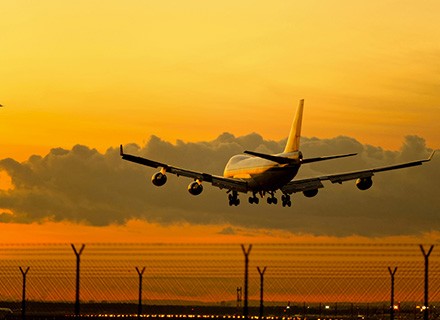The head of a global trade association said that airline passengers will face higher ticket prices as the industry works to reach its goal of decreasing emissions to net zero by 2050.
Willie Walsh, the director general of the International Air Transport Association, which represents the majority of the airlines, urged Europe to act more quickly to increase the production of Sustainable Aviation Fuel (SAF), which is now in short supply.
As a result of higher prices for conventional fossil-based jet fuel, airfares have already jumped this year.
“You cannot expect an industry making on average USD 1 profit per customer to absorb the increases we have seen,” Willie Walsh told reporters at an annual media briefing.
“Going forward as we see increases in carbon costs…there has to be an impact on ticket prices as the industry transitions to net zero. The airlines cannot absorb increased costs.”
Environmental groups contend that by reducing the increase in traffic, greater air travel prices will help to reduce emissions.
Willie Walsh applauded American efforts to increase the production of clean fuels, seemingly at odds with European concerns that new American incentives might create an unfair playing field.
“In the US it is recognized that Sustainable Aviation Fuels are part of the answer and they are heavily focused on additional production,” Willie Walsh said.
The European Union’s moves to oblige airports to provide more of the scarce SAF were criticized by Willie Walsh as “nonsense.”
“Europe’s answer to the problem penalizes people,” he said.
In July, the European Parliament endorsed regulations on aviation fuel that expanded the definition of what constitutes a “green fuel” and established mandatory deadlines for the replacement of kerosene with less polluting fuels.
In the United States, the Joe Biden administration has issued a government challenge to provide at least 3 billion gallons of SAF annually by 2030.
The aviation industry is regarded as one of the hardest to decarbonize because the fuel used for flights cannot be easily substituted by other forms of energy.

